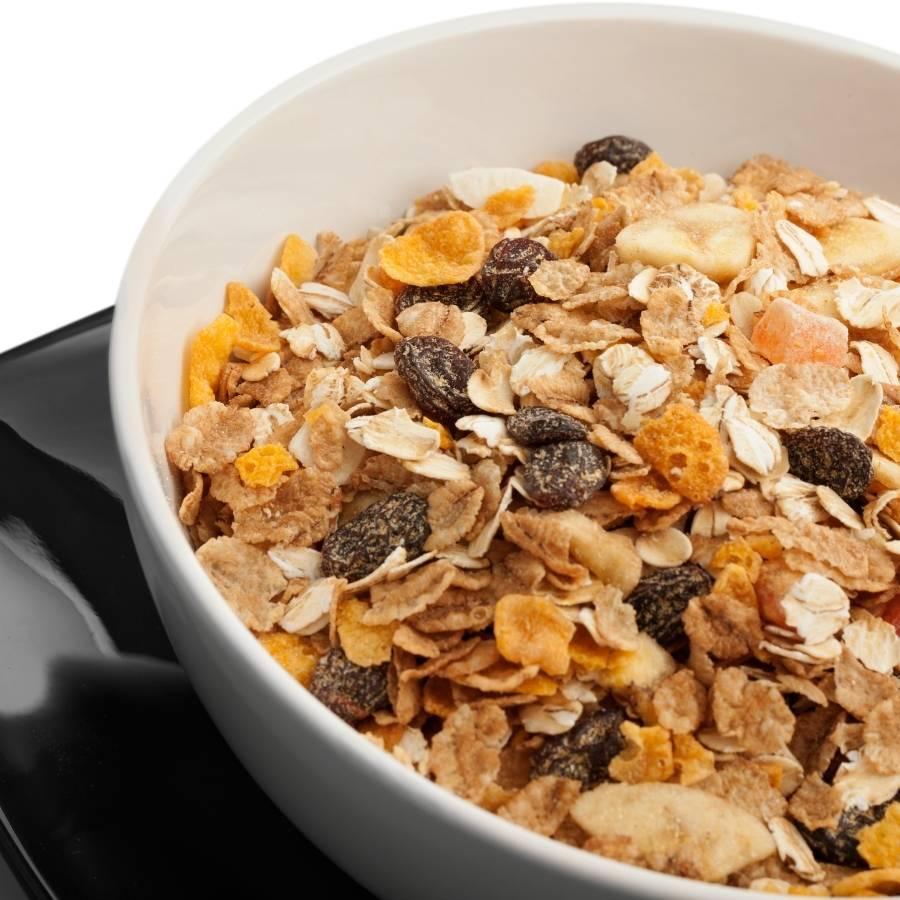Weight loss remains one of the most common fitness goals for individuals worldwide. However, achieving this goal requires a comprehensive understanding of the mechanisms at play. By grasping the connection between how many calories in 1 pound and weight loss, you can develop an effective and sustainable strategy to shed those stubborn pounds.
Understanding Calories and Weight Loss

What are Calories?
how many calories in 1 pound are a unit of measurement used to quantify the energy content of the food we consume. When we eat, our bodies metabolize the nutrients and convert them into energy to fuel various bodily functions and physical activities. Smart Food Scale Keep track of your calorie intake with precision using a smart food scale.
Calories and Weight Loss
Weight loss occurs when you consistently burn how many calories in 1 pound than you consume. This caloric deficit prompts the body to tap into its fat reserves for additional energy, leading to a reduction in overall body fat.
How Many Calories are in 1 Pound of Fat?

The Caloric Deficit Concept
The fundamental principle of weight loss revolves around the concept how many calories in 1 pound deficit. To lose one pound of fat, you need to create a caloric deficit equivalent to 3,500 calories. Fitness Tracker Stay motivated and accountable with a fitness tracker that monitors your daily activity, heart rate, and calories burned. It helps you set achievable goals and tracks your progress over time.
Calculation of Calories in 1 Pound of Fat
The widely accepted estimate is that one pound of body fat contains approximately 3,500 calories. Therefore, to lose one pound of fat, you would need to burn 3,500 how many calories in 1 pound more than you consume over a specific period.
Factors Affecting Caloric Requirements
Basal Metabolic Rate (BMR)
Your Basal Metabolic Rate (BMR) refers to the number how many calories in 1 pound your body needs to maintain basic physiological functions at rest. It forms the foundation of your daily caloric requirements.
Activity Level
The level of physical activity you engage in throughout the day also significantly impacts your caloric needs. Those with more active lifestyles require more how many calories in 1 pound to sustain their energy expenditure.
Age and Gender
Age and gender play roles in determining how many calories in 1 pound requirements. Generally, younger individuals and males tend to have higher caloric needs due to higher muscle mass and metabolic rates.
Muscle Mass
Muscle mass influences your metabolism. The more lean muscle you have, the more calories your body burns even at rest, contributing to weight loss.
Best Exercises to Lose Belly Fat for Males

High-Intensity Interval Training (HIIT)
HIIT involves short bursts of intense exercises followed by brief recovery periods. This training method not only burns calories during the workout but also keeps your metabolism elevated afterward. Resistance Bands Set Enhance your workouts with a set of versatile resistance bands. They offer a full-body workout and are perfect for strength training exercises.
Strength Training
Building muscle through strength training can significantly boost your metabolism and aid in burning more calories throughout the day.
Cardiovascular Exercises
Cardiovascular exercises like running, cycling, or swimming are effective in burning calories and promoting weight loss.
Formulating a Caloric Deficit Plan

Setting Realistic Goals
When aiming to lose weight, it is essential to set realistic and achievable goals to stay motivated.Healthy Cookbooks: Discover a variety of nutritious and delicious recipes from healthy cookbooks. Eating well doesn’t have to be boring!
Monitoring Caloric Intake
Keeping track of your daily caloric intake through journaling or using apps can help you stay on top of your weight loss journey.
Combining Diet and Exercise
To maximize results, combine a well-balanced diet with regular exercise to create a sustainable caloric deficit.
Avoiding Common Mistakes

Relying Solely on Exercise
Weight loss is a combination of diet and exercise. Relying only on exercise without addressing your eating habits may hinder progress. Portable Blender Prepare nutritious smoothies and shakes on the go with a portable blender. It’s a convenient way to ensure you’re getting your daily dose of vitamins and minerals.
Crash Dieting
Extreme caloric restriction can be counterproductive and lead to muscle loss, nutritional deficiencies, and a slower metabolism.
Overestimating Caloric Burn
Be cautious not to overestimate the number of calories burned during exercise, as it may lead to overeating and hinder weight loss efforts.
Conclusion
Understanding the relationship between how many calories in 1 pound and weight loss is pivotal in achieving successful and sustainable results. By creating a caloric deficit through a combination of diet and exercise, you can effectively lose one pound of fat for every 3,500-calorie deficit. Embrace a balanced approach, including the best exercises to lose belly fat for males, and set realistic goals to embark on a fulfilling weight loss journey. Remember, patience and consistency are key as you work towards a healthier and fitter you.
FAQs
Can I lose 1 pound of fat in a day by burning 3,500 calories?
how many calories in 1 pound of fat in a day is neither practical nor safe. Rapid weight loss can lead to muscle loss, nutrient deficiencies, and other health issues. Aim for a gradual and sustainable approach to weight loss.
Is it necessary to count calories to lose weight?
While counting calories can be helpful for some individuals, it’s not essential for everyone. The key is to maintain a caloric deficit through a combination of mindful eating and regular exercise.
Are all calories the same when it comes to weight loss?
Not all calories are equal. Foods with higher nutritional value and fiber content can keep you full for longer, making it easier to maintain a caloric deficit.
Is it better to focus on burning calories or increasing muscle mass?
Both burning calories through exercise and increasing muscle mass play important roles in weight loss. Muscle tissue burns more calories at rest, so building muscle can contribute to long-term weight management.
Can stress impact weight loss?
Yes, chronic stress can lead to overeating and weight gain. Managing stress through relaxation techniques can support your weight loss efforts.
Are there any medical conditions that can affect weight loss?
Certain medical conditions and medications can influence metabolism and weight loss. It’s essential to consult with a healthcare professional if you’re facing challenges with weight loss.




